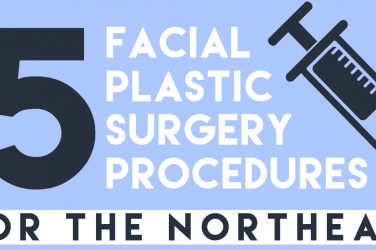We often think of habits as falling in the two absolute categories of good and bad. Habits are however on a continuum of not only varying impact but are also varied in the person’s ability to control them.
Some habits are mild, relatively harmless and not that hard to overcome. Like discarding your socks in the middle of the living room. Others are destructive such as smoking or watching porn. The harmful habits are often the hardest to break because they usually have a pleasure component that the brain craves for.
It’s not impossible though and numerous people have broken free. Here are a couple of tips that can help you get on the right track.
-
Substitute
Breaking bad habits is more about substituting than it is about stopping. For example, if you are struggling with binge-eating in the middle of the night, you could take 2 or 3 cookies with you to the bedroom when you go to sleep then resolve not to return to the kitchen for the rest of the night.
If you are having difficulty keeping off from internet porn every evening, plan to stay away from all internet-enabled electronics when you are at home. Instead, pick a book or call up a close relative. Perhaps you are addicted to smoking. In which case, e-cigarettes from reputable vendors such as vapour.com could gradually pull you away from the unhealthy habit with vape gear that is much more fashionable than traditional smoking.
-
Create a New Routine
The power of daily routines especially in the nurturing of long-term habits is often underrated. These routines play a part in the type and quality of decisions a person makes throughout the day. Changing your routine in small but noticeable ways should be one of the first steps toward kicking a bad habit.
Your morning actions are a particularly important part in determining how your day will turn out. For example, you can start to wake up 30 minutes earlier than you currently do in order to accommodate a new exercise regimen that’ll replace a bad habit.
-
Travel
For a long time now, research has shown the role of travel and vacation in calming and rejuvenating the mind. What hasn’t been discussed as much is how travel can help temper or eliminate behavioral problems. Travel helps change perspective and subsequently, mood. People who travel regularly are more likely to experience feelings of satisfaction and happiness while those who stay put have higher rates of depression.
Travel gives you an appreciation of your circumstances and a re-evaluation of priorities. Go somewhere you haven’t been before and strive to experience unfamiliar situations. The mental stimulation will not only get your mind off the negative habits but also give you the energy to stick to the straight and narrow.
-
Be Accountable
The role of a good support system cannot be overemphasized. Despite the best intentions and great personal motivation, most people will need that extra push from their inner circle to finally overcome the addiction hurdle. When you share goals and provide progress updates to friends and family, they can provide an additional level of accountability that will help you stay focused.
Fighting bad habits is about making the right decisions on a daily basis. Some days will be more difficult than others. It is during those hard days that the shoulders of someone who cares for you will ensure you don’t lose track.
-
Tackle the Root Cause
Bad habits don’t occur in a vacuum. There’s usually an underlying cause that drives you toward making poor decisions which eventually become a negative habit.
For example, a person may have gone through a difficult breakup and turned to binge-eating for solace. They won’t be successful in eliminating the unhealthy eating if they don’t address the feelings that led them there. There are various ways you can zero in on the root cause including daily journaling or seeing a therapist.
Make this the year you finally start to put behind you the habits you’ve been battling with. Though each person’s circumstance is different, the above tips can provide the impetus needed to finally be free.







